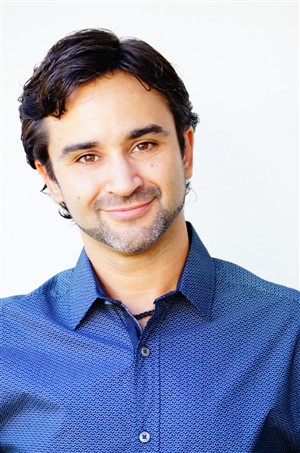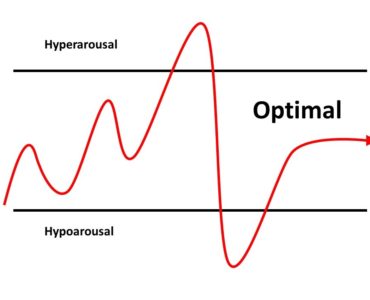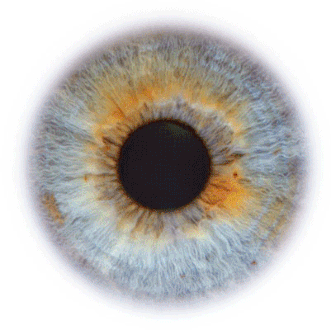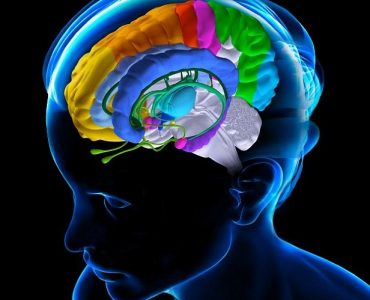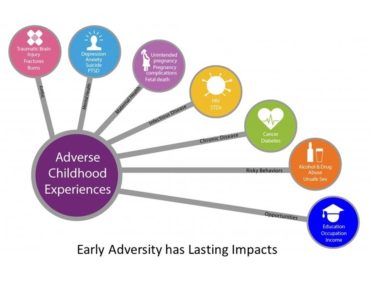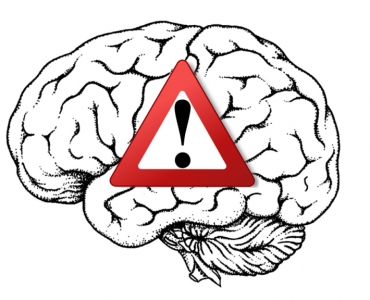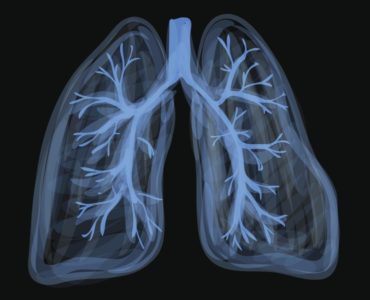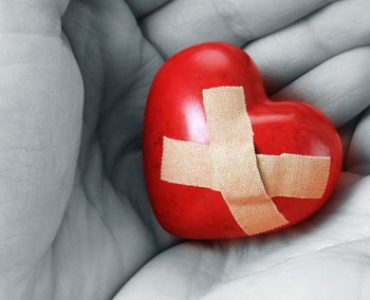Types of Trauma:
PTSD, c-PTSD & Complex Traumas
Overview
We all respond to adverse events differently. Although many of us may experience extreme distress, fear or disturbing emotions at the time of a traumatic event, these feelings normally fade away over time. However, for some of us, intrusive memories of an adverse event (and/or associated disturbing emotions) can persist for a long period of time and can interfere with our ability to function in life.
It is important to realise that Trauma is not necessarily about the event itself. Rather, trauma is what happens inside us in response to an event. This means that a trauma response can be caused by any event that we experience as emotionally distressing, not just life-threatening events in particular. A trauma response is essentially a set of reactions to new situations that are heavily related to our unresolved past wounds. In other words, disturbing events can leave haunting material in our emotions, minds and / or bodies and this can limit our capacity to function freely in new situations.
Following a significant adverse event, we may experience flashbacks, nightmares or agitation. Or we may actively avoid things that remind us of the event. We may even become easily triggered by present experiences that share similarities with past events. When our past continues to interfere with our everyday living, it is time to seek professional help.
Post Traumatic Stress Disorder (PTSD)
Post-Traumatic Stress Disorder (PTSD) can be a chronic and disabling constellation of symptoms that can have a devastating impact on the sufferer and their relationships. Left untreated, other emotional and behavioural problems may also develop such as chronic anger, anxiety and depressive disorders, or substance abuse. However, with the right professional support and treatment, recovery is possible. You can heal from and can grow from your trauma (this is called post-traumatic growth).
Some people find having a label that acknowledges and communicates their difficulties can be validating. For others, a diagnosis may be experienced as dehumanizing. However, it is important to remember that a ‘disorder’ is not necessarily permanent. When you no longer meet the criteria, the label no longer applies. This is true of many disorders, including PTSD.
Symptoms of PTSD
We all respond to traumatic events differently. Some common symptoms of PTSD include:
- Developing excessively negative beliefs about yourself, others, or the world.
- Intrusive reliving of traumatic events – Reliving through unwanted (intrusive) and recurring memories, often occurs in the form of vivid images or nightmares. Intense emotional or physical reactions, such as sweating, heart palpitations, teariness, or panic may also occur when we experience reminders of past disturbing events.
- Avoiding reminders of the past – Deliberately avoiding activities, places, people, thoughts or feelings associated with the event because this brings back painful memories.
- Being overly alert or wound up – A person may become easily startled and constantly on the lookout for signs of danger (i.e., Hyperarousal), or experience other forms of physical restlessness such as the urge to tap, shake or keep moving (i.e., psychomotor agitation).
- Recurring nightmares or other forms of sleeping difficulties.
- Others may experience poor concentration, or emotional difficulties such as irritability or agitation.
- Feeling isolated or emotionally numb – Losing interest in day-to-day activities, feeling cut off or detached from friends and family, or feeling emotionally flat and numb (Hypoarousal).
- Being triggered by present events that share some characteristic or feature that is similar to a previous traumatic experience.
- Dissociation (Derealization / Depersonalization) – Dissociation can range from feeling a mild sense of detachment from the present (daydreaming) to experiencing more intense forms of perceptual disturbances which can include a complete disconnection from reality (this can lead us to feeling as if the world or our ‘sense of Self’ is not real). Dissociation is a topic addressed in the following article.
While the formal diagnostic criteria for Post-Traumatic Stress Disorder (PTSD) lists large, obvious, single-incident events that are typically life-threatening, this is actually misleading because most people are also affected by many other adversities that do not meet any formal diagnostic criteria. These experiences commonly include interpersonal injuries such as: Betrayal, the loss of a significant relationship, Attachment wounds, Emotional Abuse (gas lighting, bullying or harassment), and any other experience that can result in extreme humiliation/shame, fear, or a loss of control or feelings of insignificance. In other words, because a trauma response is about what happens inside us (not necessarily whether an event is life-threatening), it is possible to develop a trauma response even without meeting the ‘formal diagnostic criteria’ for PTSD.
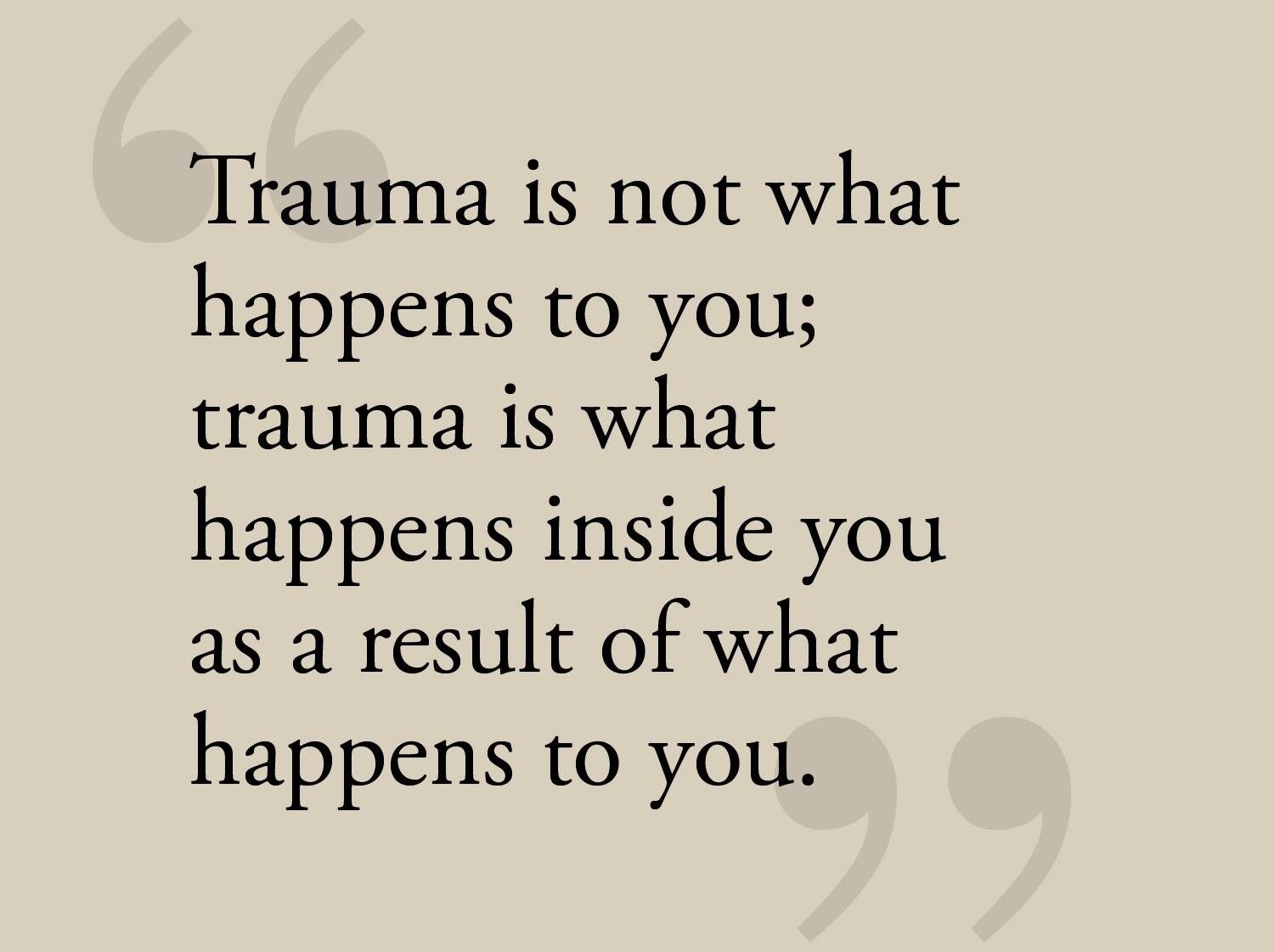
Complex PTSD (c-PTSD)
Complex PTSD (c-PTSD) is a relatively new diagnosis and was developed to reflect the fact that some people can develop a broader range of symptoms following trauma that is not captured with a traditional PTSD diagnosis. These symptoms typically result from a chronic exposure to repeated traumas rather than a single isolated event and can include:
- Difficulties regulating emotions (eg overwhelming feelings of anger, anxiety, or despair)
- Feelings of intense shame or guilt
- Excessive self-blame (eg moral scrupulosity)
- Significant difficulties in building and maintaining relationships with others
- Intense feelings of loneliness or hopelessness
- Risky or destructive behaviour
- Disconnection from Self (eg feeling numb or insensitive to one’s needs)
- Problematic forms of dissociation
- A distorted sense of Self, including problems with self-esteem
c-PTSD vs ‘Complex Trauma’
‘Complex Trauma’ is not a diagnosis; it describes having been exposed to significant recurrent adverse events over a period of time. Exposure to complex traumas usually occurs early in life and can impact a child’s emotional, psychological, social, and physical development. Since these events often occur with a caregiver, they interfere with the child’s ability to form a secure attachment. Often this disrupts a child’s development and formation of a sense of Self. This may lead to Complex PTSD (c-PTSD).
However, we know that not all children are affected the same way. It can be helpful to remember that a child’s exposure to a series of adverse events is different from their response to the event. Experiencing complex traumas does not automatically mean that an individual will develop Complex PTSD (c-PTSD). Protective factors may also be present in a child’s life that can provide support and help build resilience which can increase an their Window of Tolerance and prevent them from developing longer-lasting difficulties.
Complex PTSD (c-PTSD) may be diagnosed in- adults or children who have experienced traumatic events, such as violence, neglect, or abuse. However, many individuals who have experienced complex traumas do not develop Complex PTSD (c-PTSD). Nevertheless, we know that exposure to complex trauma can lead to difficulties with emotion regulation, Self-Esteem, and other problems such as chronic anger, anxiety and depressive disorders, attachment difficulties affecting relationships with Self and/or others, problematic forms of dissociation, paranoia, and/or substance use.
Summary
- It is common to experience extreme distress, fear or disturbing emotions following a traumatic event; these feelings normally fade away over time.
- The formal diagnostic criteria for Post-Traumatic Stress Disorder (PTSD) lists symptoms that follow large, obvious, single-incident events that are typically life-threatening.
- Many people develop a trauma response to adversities that do not form the formal diagnostic criteria for PTSD. Thus, trauma is not just about what happened; it also relates to what happens inside of us in response to what happened.
- ‘Complex trauma’ refers to a series of events and processes that happen repeatedly, over time (typically during childhood, which impacts on healthy brain development). It is not a diagnosis. Experiencing complex traumas does not automatically mean that an individual will develop Complex PTSD.
- Complex PTSD (c-PTSD) is similar to PTSD (Post-Traumatic Stress Disorder) but it is a diagnosis that encompasses a broader range of symptoms that result from experiencing repeated or prolonged traumas, particularly interpersonal traumas during childhood (such as ‘Complex Traumas’). It can also apply to prolonged traumas experienced as an adult.
- A trauma response does not typically resolve on its own. Thankfully, there are effective therapies such as EMDR Therapy that have been specifically designed to heal and resolve the effects of trauma, complex trauma, PTSD, and c-PTSD.
Thankfully therapies such as EMDR Therapy have been specifically designed for trauma.
You can read more about EMDR Therapy here.
If you are experiencing difficulties associated with your past, or if you have further questions about how therapy can help you, please contact me below. I am PhD Clinical Psychologist with over 15 years experience. I am also an Accredited EMDR Practitioner.
Further Resources:
- How your early experiences of caregiver attachment affect your relationships (and your relationship with yourself)
- How Adverse Childhood Experiences (ACEs) impact on attachment, brain development and later lifestyle and health risk factors
- Emotion Regulation skills: Understanding your Window of Tolerance
- Your Brain’s 3 Emotion Regulation Systems
- Getting Past Your Past with EMDR Therapy
- How you can get the most out of therapy
- A list of all articles that I have written
Get in Touch.
